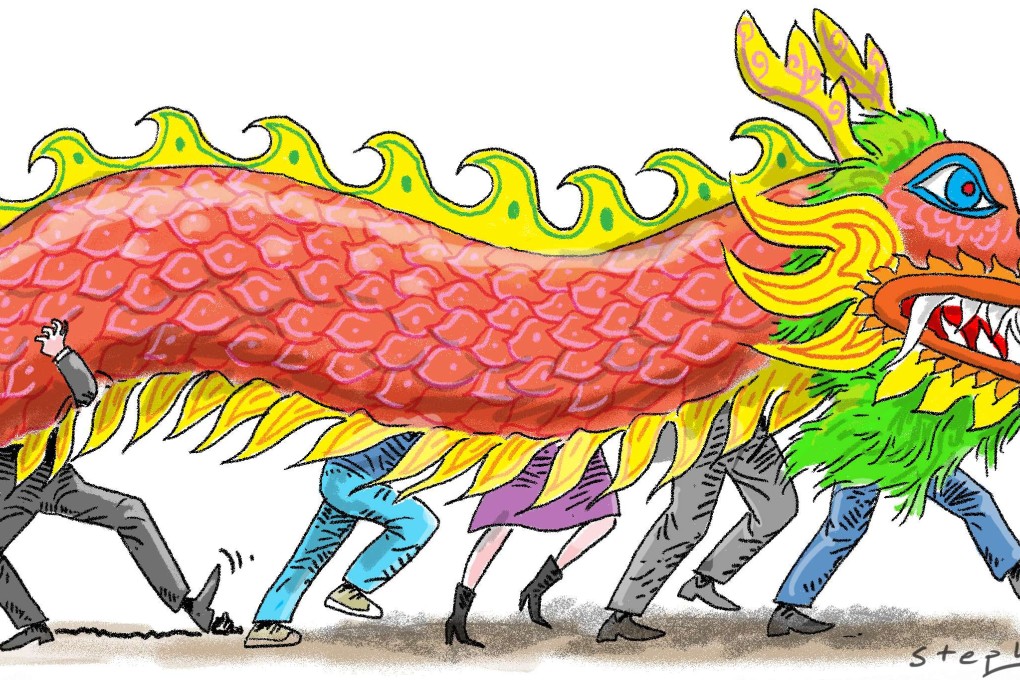Pity the Hong Kong people who cannot accept the reality of China’s sovereignty
John Chan says frustration lies ahead for the minority group of legislators and activists who object to almost every major proposal for the sake of opposing the government, as their campaign can only fail


In that same year, 1992, we saw the publication of The End of History and the Last Man by American political scientist Francis Fukuyama, in which he argues that Western liberal democracy signals the endpoint of humanity’s sociocultural evolution. The liberal capitalist democracy of the West is, in his view, the ultimate form of government.
The truth is, of course, that communist China did not fall with Bush’s pronouncement. In 1987, the party’s then general secretary Zhao Ziyang (趙紫陽) announced that China was at the primary stage of socialism, opening the way to allow the country to build a socialist society with capitalist tools. The theory of the primary stage of socialism effectively placed communism in the shrine of remote ideological goals. Not only is such a goal not to be achieved, but the move also put the topic off limits for a serious discussion, at least not for a long time to come anyway.

What does the future hold for China’s economic transformation as its first ‘reformists’ fade from prominence?
China’s spectacular economic success over the past 25 years, under the rule of a communist regime using capitalist tools, has forced Fukuyama to re-examine the conclusion he drew a quarter of a century ago. In his 2014 book, Political Order and Political Decay, Fukuyama redefined the three pillars required for a progressive and stable society. They are: a strong and modern government, the rule of law, and accountability.
Hong Kong’s version of a ‘vetocracy’ is uniquely anti-government by nature